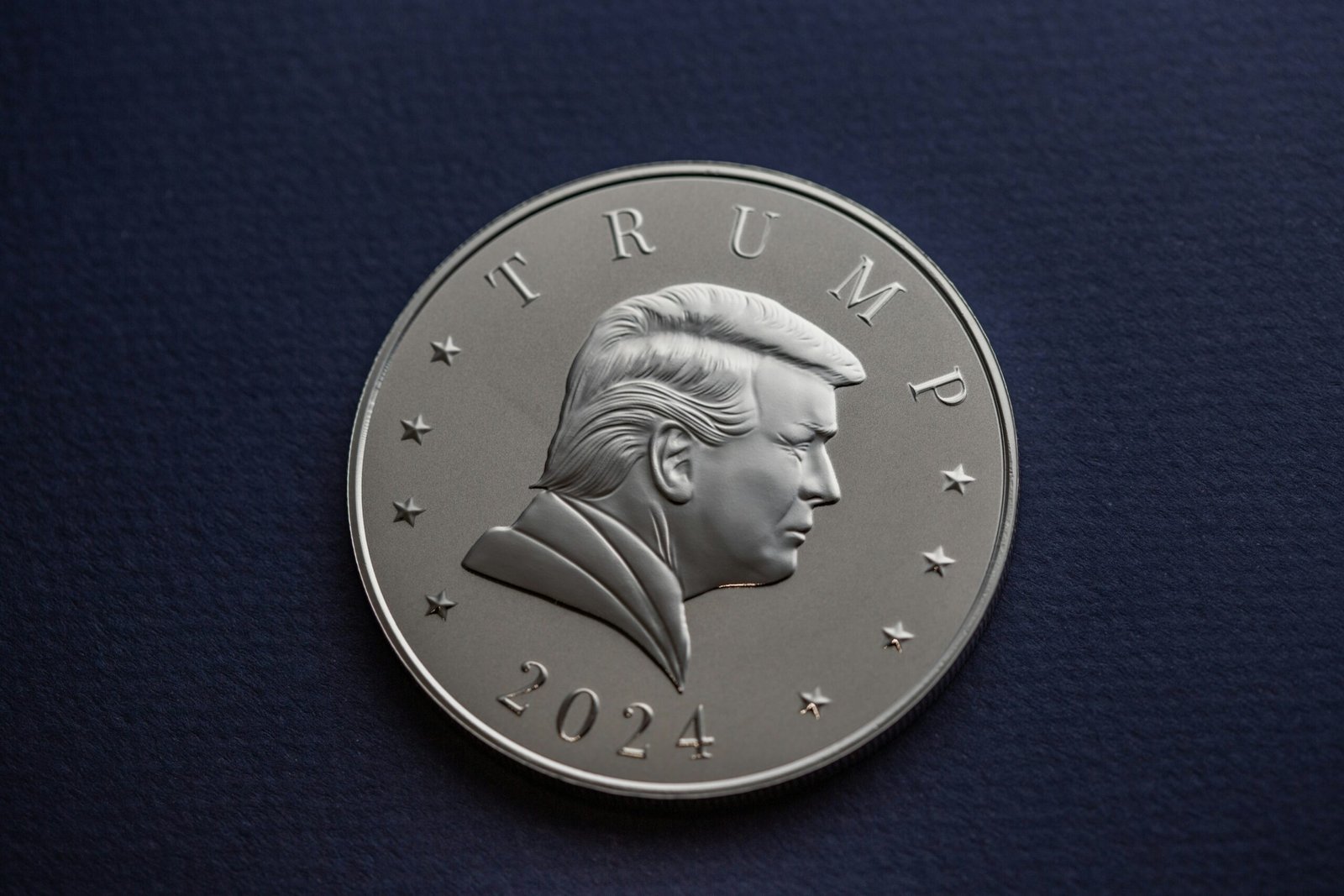The Ultimate Guide to UFC: Unleashing the Thrills of Mixed Martial Arts
Introduction to UFC: A Brief Overview
The Ultimate Fighting Championship (UFC) stands as the pinnacle of mixed martial arts (MMA) globally, presenting a unique platform where athletes employ various fighting disciplines to showcase their skills. Established in 1993, the UFC emerged from the need for a definitive organization to promote and regulate competitive martial arts. The inaugural event was designed to determine the most effective martial art through a tournament-style competition that featured fighters from various backgrounds.
Over the years, the evolution of UFC has significantly impacted the landscape of MMA. Initially perceived as a brutal spectacle, it has gradually transformed into a legitimate sport, gaining recognition for its athletes’ technical proficiency and discipline. The introduction of unified rules in 2000 played a pivotal role in shaping the sport’s structure and ensuring fighter safety, thereby enhancing its credibility and acceptability among mainstream audiences.
Key milestones in the UFC’s journey include the acquisition by Zuffa, LLC in 2001, which propelled its growth through strategic marketing and increased media exposure. The launch of The Ultimate Fighter reality series in 2005 further solidified the UFC’s place in popular culture, introducing fighters to a wider audience and captivating fans worldwide. Iconic events, such as UFC 100 and UFC 200, have demonstrated the organization’s ability to draw massive audiences, further solidifying its status.
Fighters like Randy Couture, Georges St-Pierre, and Conor McGregor have become household names, contributing to the sport’s appeal and drawing attention to the UFC. As the organization continues to innovate and expand its reach, it remains a driving force in promoting mixed martial arts and elevating its athletes to elite status.
UFC has not only shaped the lives of countless fighters but has also established itself as a major player in sports entertainment, attracting millions of viewers globally. The following sections will explore the multifaceted nature of UFC, delving into its impact on sports, culture, and the athletes who define it.
The Evolution of Fighters and Fighting Styles
The sport of Mixed Martial Arts (MMA), particularly within the context of the Ultimate Fighting Championship (UFC), has undergone a remarkable evolution since its inception. Initially characterized by a focus on striking or grappling techniques, UFC fighters now exhibit a diverse array of skills honed from various martial arts disciplines. The incorporation of techniques from Judo, Brazilian Jiu-Jitsu, Muay Thai, and wrestling has led to the emergence of well-rounded fighters capable of adapting their strategies during bouts.
Training regimens have also progressed significantly in response to the demands of the sport. Fighters increasingly embrace a comprehensive approach, merging strength and conditioning training with technical skills development. This multidisciplinary training helps combatants enhance their physical capabilities while also improving their tactical awareness within the octagon. As a result, today’s fighters are not only stronger but also more agile and resilient, equipping them to face the myriad challenges of UFC competition.
The backgrounds of UFC fighters contribute greatly to the rich tapestry of the sport. Many of the top competitors have roots in traditional martial arts, which provide them with a solid foundation in fundamental techniques. For example, celebrated fighters such as Georges St-Pierre and Amanda Nunes have showcased the effectiveness of their respective disciplines in judo and Brazilian Jiu-Jitsu. This variety in backgrounds has elevated the competitiveness of the UFC and highlighted the essence of a well-rounded skill set in achieving success.
Moreover, the evolution of fighters extends to their mental preparation, emphasizing psychological resilience and strategic thinking. As the sport matures, the importance of mental fortitude continues to gain recognition, prompting fighters to work with sports psychologists to optimize their performance. This mental aspect of training is now considered crucial to navigating the high-pressure environment of a UFC fight.
Notable figures in the sport have recognized and embraced these developments, further influencing the evolution of fighting styles. By studying their strengths and the diverse styles they encompass, newer fighters learn to expand their repertoire, thus enriching the overall dynamics of the UFC. The ongoing evolution of fighters and fighting styles not only shapes individual careers but also propels the growth of the sport as a whole.
The Business of UFC: Marketing and Fandom
The Ultimate Fighting Championship (UFC) has emerged as a dominant force in the world of mixed martial arts (MMA), not just as a sporting organization but also as a lucrative business entity. Central to its success is a strategic approach to marketing and fan engagement. The UFC has effectively utilized various marketing channels, allowing the sport to transcend traditional boundaries and reach an expansive global audience. By securing lucrative media rights deals, the organization has ensured that its events are widely broadcasted across television and various streaming platforms, enhancing accessibility for fans everywhere.
Sponsorship deals represent another significant revenue stream for the UFC. Prominent brands partner with the organization to leverage its viewership and fan demographics for their benefit. These partnerships extend beyond simple logo placements, often involving collaborative marketing campaigns that resonate with audiences, thereby strengthening brand loyalty among MMA enthusiasts. Furthermore, merchandise sales have skyrocketed, with fans keen to purchase apparel and gear associated with their favorite fighters and the UFC brand itself, adding an additional layer of commercial success.
In the realm of fan engagement, social media serves as a pivotal tool. UFC leverages platforms such as Twitter, Instagram, and Facebook to foster community interaction, promote upcoming fights, and share behind-the-scenes content. This immediacy not only helps to build excitement for events but also cultivates a sense of belonging among fans. Fighters themselves often engage directly with their followers, creating personal narratives that fans can invest in, which amplifies their connection to the sport.
Additionally, the UFC has excelled in crafting compelling storylines and rivalries that resonate with audiences. These narratives not only enhance the drama of fight nights but also maintain viewer interest between events. By positioning fights as climactic showdowns influenced by personal conflicts and backstories, the UFC effectively builds anticipation, making their events must-watch spectacles.
Overall, the UFC’s masterful combination of marketing acumen, sponsorship strategies, social media engagement, and captivating narratives has built a strong and dedicated fan base. The organization continues to adapt and evolve, ensuring its position as a leader in the world of mixed martial arts, engaging old fans while attracting new ones. In conclusion, the business strategies employed by UFC have not only transformed the landscape of MMA but have also set the standard for sports entertainment marketing as a whole.
The Future of UFC: Trends and Predictions
As mixed martial arts (MMA) continues to evolve, the future of the Ultimate Fighting Championship (UFC) promises to be an exhilarating journey marked by new fighting styles, technological innovations, and the growth of emerging markets. One of the key trends is the diversification of fighting techniques that fighters are adopting. Traditional martial arts such as Brazilian Jiu-Jitsu and Muay Thai have long been staples in an MMA fighter’s repertoire. However, we are now witnessing the emergence of hybrid styles that blend various martial arts disciplines. This trend could lead to a new breed of fighters capable of unexpected techniques and strategies, thereby reshaping fight dynamics and fan expectations.
Advancements in technology are also set to play a pivotal role in the future of the UFC. Improvements in training techniques, analytics, and health monitoring technologies are becoming indispensable tools for fighters and coaches alike. For instance, artificial intelligence (AI) is already aiding in performance analysis, allowing athletes to identify weaknesses and refine their techniques based on data-driven insights. Furthermore, the use of virtual reality (VR) in training may revolutionize how fighters prepare mentally and physically for bouts, enabling immersive simulations of fight scenarios. Such innovations will likely enhance the overall quality of fighters and the excitement of the matches.
The global landscape of MMA is also shifting, with emerging markets showing an increasing interest in the sport. Countries such as China and Brazil are producing a new generation of fighters who bring unique skill sets and styles to the octagon. This trend not only broadens the UFC’s audience but also opens doors for international events, thus promoting cultural exchanges through sports. Consequently, the investment in training facilities and developmental programs in these regions is expected to accelerate the growth of the UFC brand worldwide.
As we continue to navigate the digital age, broadcasting methods are set to evolve significantly. Streaming platforms are gaining traction, allowing for accessible and widespread viewership. This shift will likely impact how the UFC engages with its audience, offering interactive experiences that enhance fan participation. The importance of social media in promoting fights and fighters cannot be understated, as platforms like Instagram and TikTok play a crucial role in building fighters’ brands and fan bases.
In conclusion, the future of the UFC is poised for transformation, driven by evolving fighting styles, technological advancements, and the exploration of new markets. As these elements converge, the landscape of mixed martial arts will continue to enthrall fans worldwide, ensuring that the UFC remains at the forefront of sports entertainment.









